23 ビュー· 08/16/24· コメディ
Don’t IGNORE These Nighttime Signs of Diabetes
(credits: Dr Eric Berg) Don’t overlook these 15 nighttime signs of diabetes!
0:00 Introduction: Diabetic signs at night
0:11 Frequent urinating
1:35 Restless legs syndrome
2:42 Diabetic neuropathy
4:01 Excessive sweating
5:47 Hypoglycemia
7:11 Gastric reflux
8:55 Heart palpitations
9:15 Teeth grinding
9:28 Headache
Check out these 15 symptoms of high blood sugar that might occur while you’re sleeping.
1. Frequent urinating
This is known as nocturia and occurs when your kidneys remove excess sugar from your blood.
2. Excessive thirst
As your kidneys eliminate sugar through your urine, you deplete magnesium, potassium, and calcium. You can also become dehydrated, so you may have excessive thirst.
3. Restless legs syndrome
Excess sugar depletes vitamin B1. Vitamin B1 deficiency causes lactic acid buildup and a lack of oxygen in the legs. This can also be related to magnesium deficiency.
4. Peripheral neuropathy
This condition causes burning, pain, or numbness on the bottom of the feet. Benfotiamine combined with alpha lipoic acid is a great remedy.
5. Cramps in lower legs and feet
Too much sugar in the blood can cause a magnesium deficiency and calcium buildup. Magnesium glycinate supplements can help, and can also improve sleep.
6. Excessive sweating
This usually occurs in the face, neck, or upper part of the body. High blood sugar causes sympathetic dominance, which causes a person to be in a constant state of fight or flight.
7. Sleep apnea
This usually occurs because a person has high levels of insulin.
8. Hypoglycemia
If you have high blood sugar, your body will try to lower it with insulin. This can cause you to wake up during the night with low blood sugar. Following a low-carb diet for at least 6 to 8 months can help correct this problem.
9. Delayed sleep
High levels of sugar delay the release of melatonin.
10. Gastric reflux
High blood sugar can affect the autonomic nervous system that controls the valve on the top of the stomach, causing GERD.
11. Nightmares/vivid dreams
This is typically related to a neurotransmitter problem caused by a deficiency in vitamin B1, which is depleted by high blood sugar.
12. High blood pressure
Nocturnal dipping occurs when your blood pressure and pulse rate decrease during sleep. When you have diabetes, this doesn’t happen. This is called non-dipping.
13. Heart palpitations
This is caused by a lack of potassium and magnesium and can be corrected with a good electrolyte powder.
14. Teeth grinding
The activation of the sympathetic nervous system puts a person into a state of stress while they’re sleeping, causing teeth grinding.
15. Headache upon waking
This usually occurs because of dehydration.
Dr. Eric Berg DC Bio:
Dr. Berg, age 59, is a chiropractor who specializes in Healthy Ketosis & Intermittent Fasting. He is the author of the best-selling book The Healthy Keto Plan, and is the Director of Dr. Berg Nutritionals. He no longer practices, but focuses on health education through social media.
Follow Me On Social Media:
Facebook: https://bit.ly/FB-DrBerg
Instagram: https://bit.ly/IG-DrBerg
Listen to my podcast: https://bit.ly/drberg-podcast
TikTok: https://bit.ly/TikTok-DrBerg
Disclaimer:
Dr. Eric Berg received his Doctor of Chiropractic degree from Palmer College of Chiropractic in 1988. His use of “doctor” or “Dr.” in relation to himself solely refers to that degree. Dr. Berg is a licensed chiropractor in Virginia, California, and Louisiana, but he no longer practices chiropractic in any state and does not see patients, so he can focus on educating people as a full-time activity, yet he maintains an active license. This video is for general informational purposes only. It should not be used to self-diagnose, and it is not a substitute for a medical exam, cure, treatment, diagnosis, prescription, or recommendation. It does not create a doctor-patient relationship between Dr. Berg and you. You should not make any change in your health regimen or diet before first consulting a physician and obtaining a medical exam, diagnosis, and recommendation. Always seek the advice of a physician or other qualified health provider with any questions you may have regarding a medical condition.
#keto #ketodiet #weightloss #ketolifestyle
Thanks for watching! I hope this increases your awareness about diabetes symptoms at night. I’ll see you in the next video.

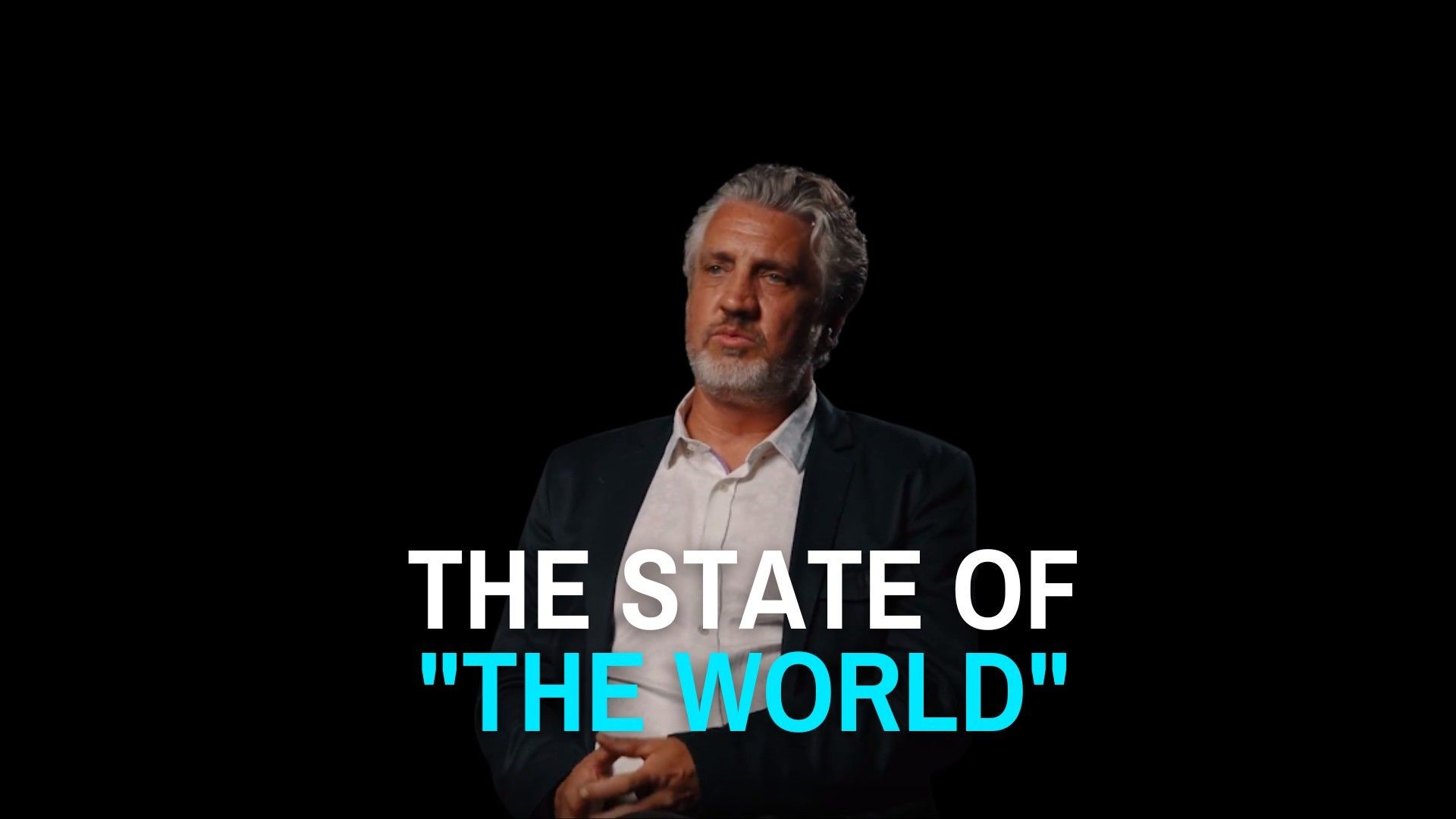






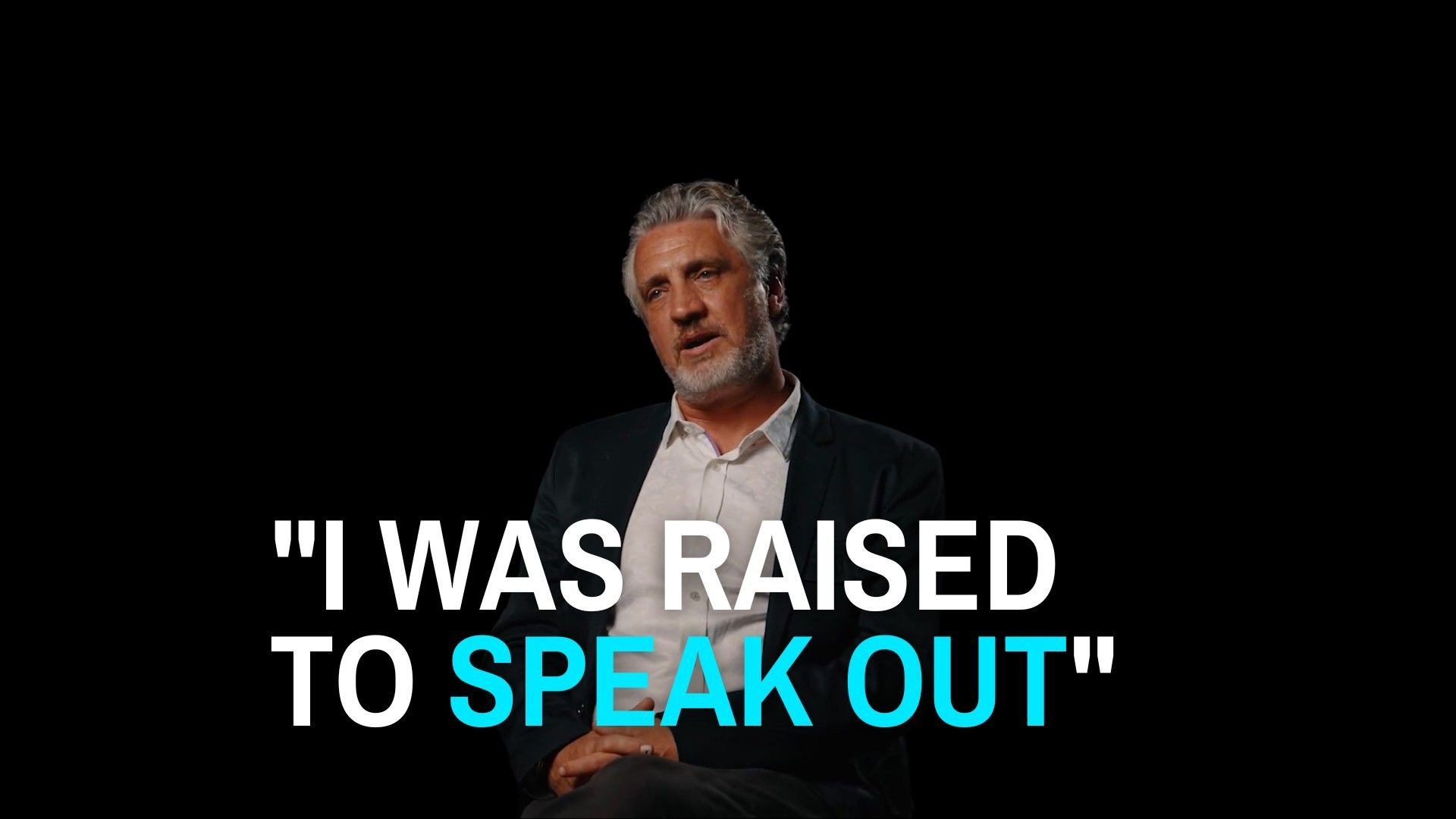



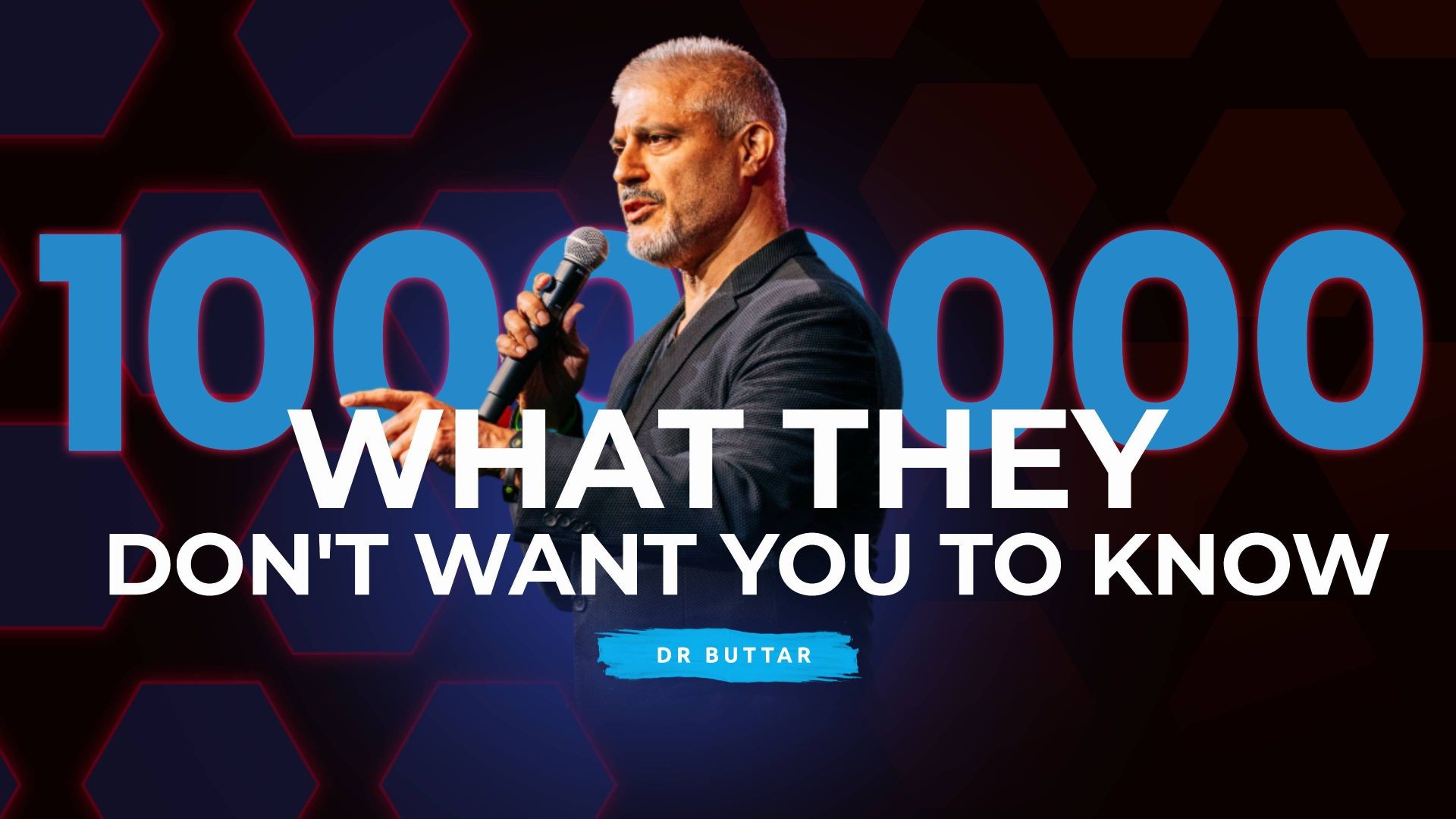
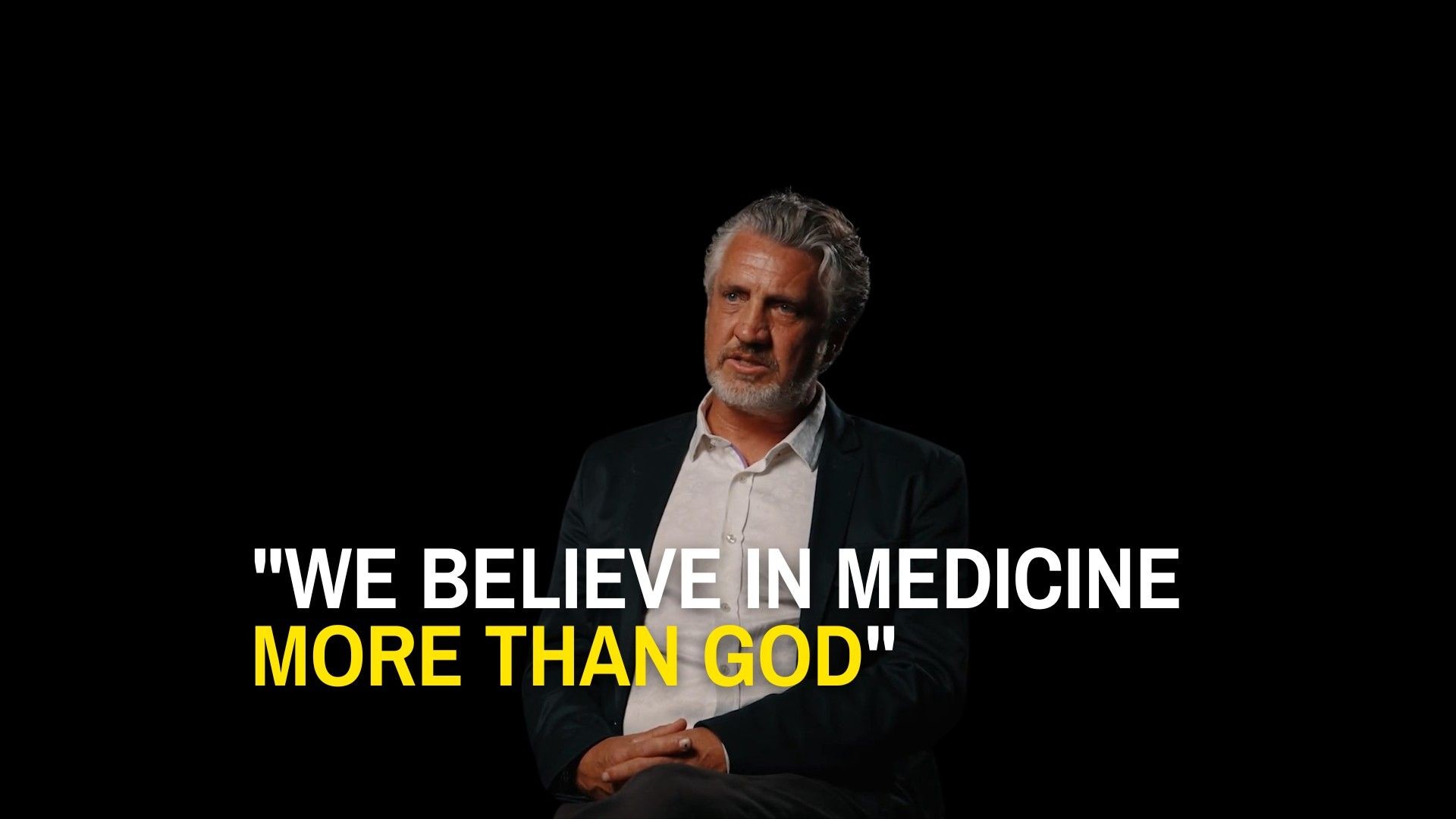
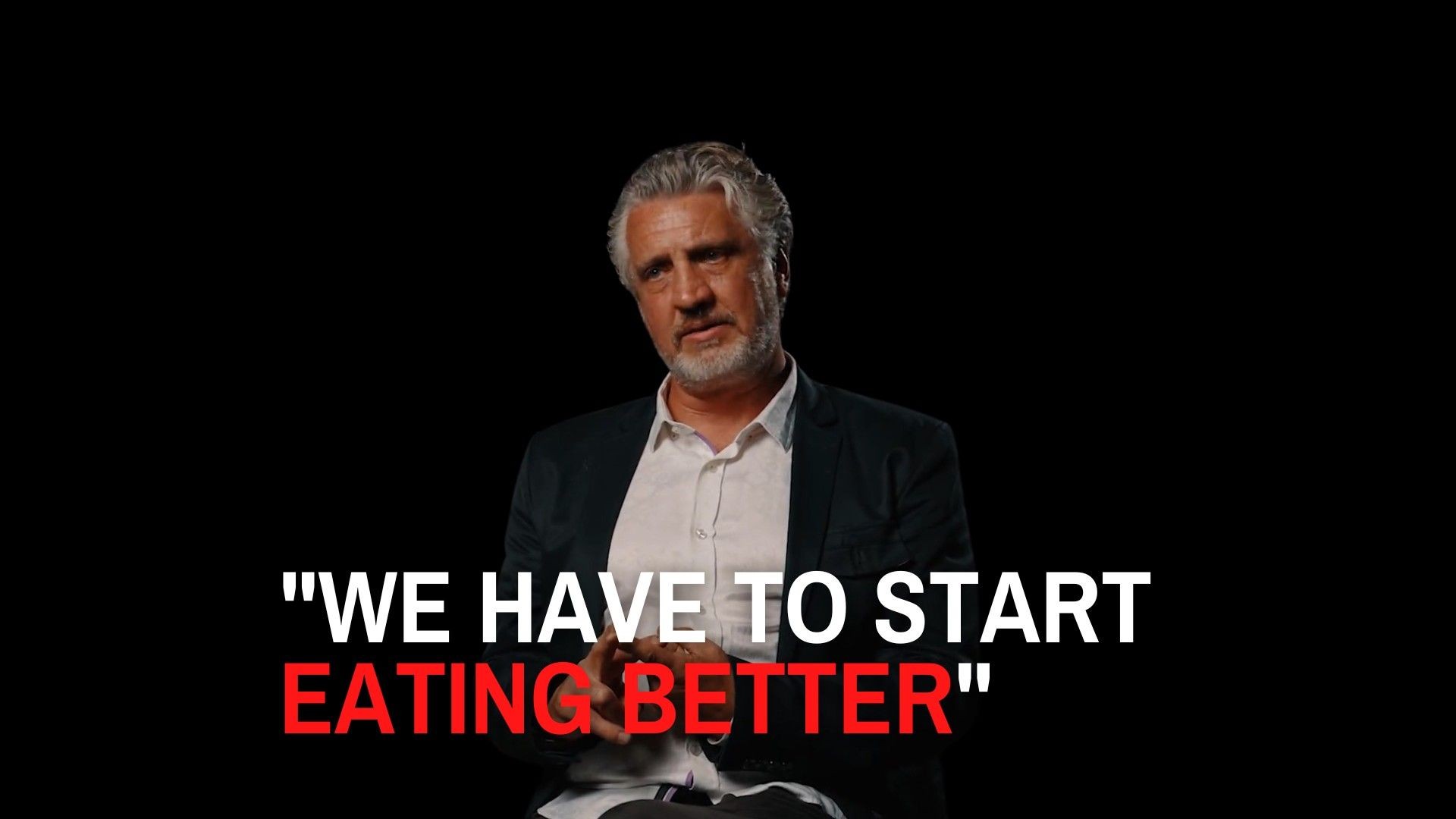

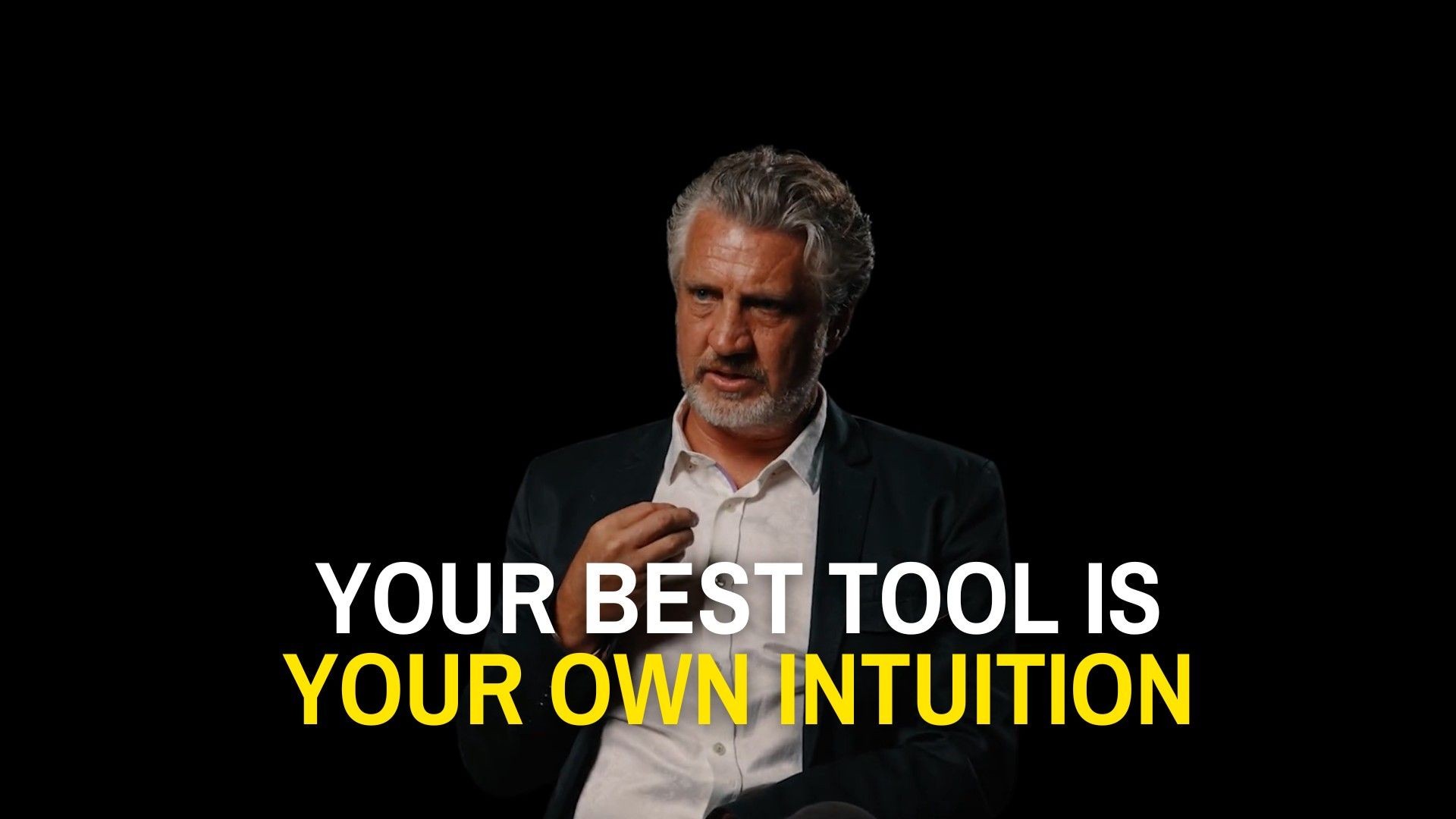



0 コメント